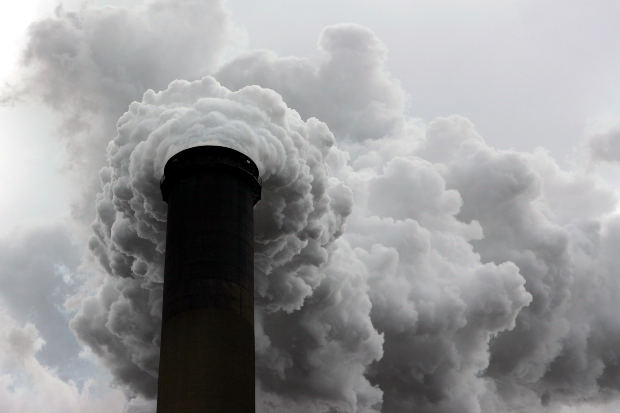
New Managing Director for Bellona Norway
The Board of the Bellona Foundation has appointed former Minister of Climate and the Environment Sveinung Rotevatn as Managing Director of Bellona No...
News

Publish date: May 27, 2015
News
“This recognition of the need for climate action by businesses is an important signal to world leaders, as in order for any post-2015 climate agreement to be effective, the role of businesses is crucial” notes Bellona Europa Director Jonas Helseth, who welcomes the Summit’s conclusions.
The Business and Climate Summit, took place on 20-21 May in Paris, thus marking half a year before the decisive UN Climate Summit COP 21.
In a joint statement, business representatives from more than 130 countries underlined that scientific evidence necessitates a post-2015 climate agreement design to spur a transition to net zero emissions well before the end of the century. More specifically, the joint statement said that such a design should incorporate robust and effective carbon pricing, a mainstreaming of climate policy and moves to de-risk low carbon investment.
In September 2014 the World Business Council on Sustainable Development (WBCSD) launched a short film visualising the critical part played by Carbon Capture and Storage (CCS) in preventing global temperature rising above 2°C. Bellona, who has been working alongside civil society and industry stakeholders for over two decades to attain a CCS-conducive regulatory environment, regards the technology as indispensable in the fight against climate change.
Overcoming barriers and building trust
It has been argued that effective climate action has been trapped in a vicious circle, one where business are waiting for clear political signals before undertaking abatement action, while governments have been waiting to see commitment from the private sector. The summit of last week is a small step breaking this circle and fostering trust between the two.
“It is a mutually reinforcing relationship that is being made here, which is exactly the kind of dynamic we need to make that transformational shift that needs to be made” noted UN Climate Chief Christiana Figueres.
The post-2015 global climate deal – where are we now?
The number of countries having submitted their national contributions (i.e. proposed contributions to reducing CO2 emissions and adapting to climate change) today has reached 40. More are expected in the course of the next months before the final deadline of 30 October 2015. Moreover, next month Member States will be convening again in Bonn in order to negotiate the latest compilation of proposals for the post-2015 deal, as agreed in February 2015.

The Board of the Bellona Foundation has appointed former Minister of Climate and the Environment Sveinung Rotevatn as Managing Director of Bellona No...

Økokrim, Norway’s authority for investigating and prosecuting economic and environmental crime, has imposed a record fine on Equinor following a comp...

Our op-ed originally appeared in The Moscow Times. For more than three decades, Russia has been burdened with the remains of the Soviet ...

The United Nation’s COP30 global climate negotiations in Belém, Brazil ended this weekend with a watered-down resolution that failed to halt deforest...